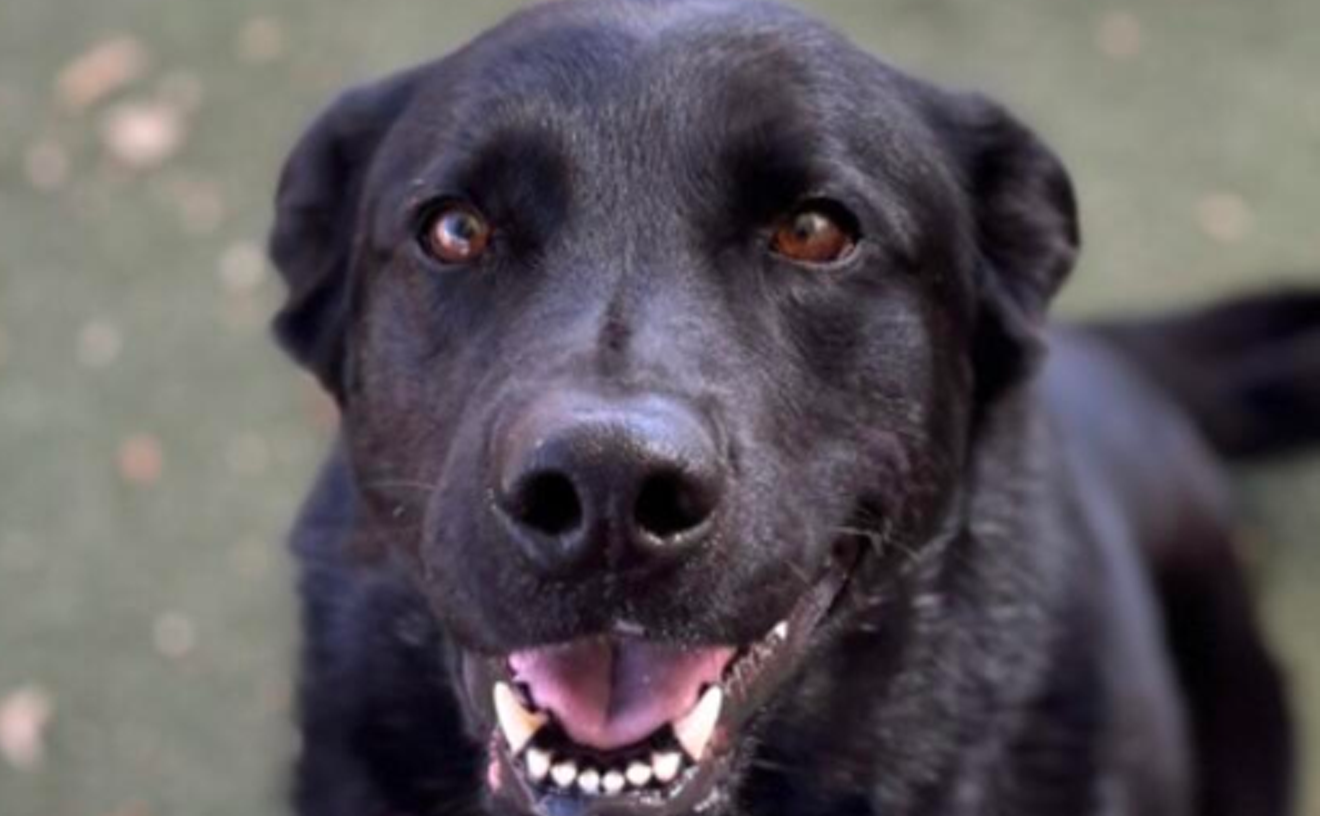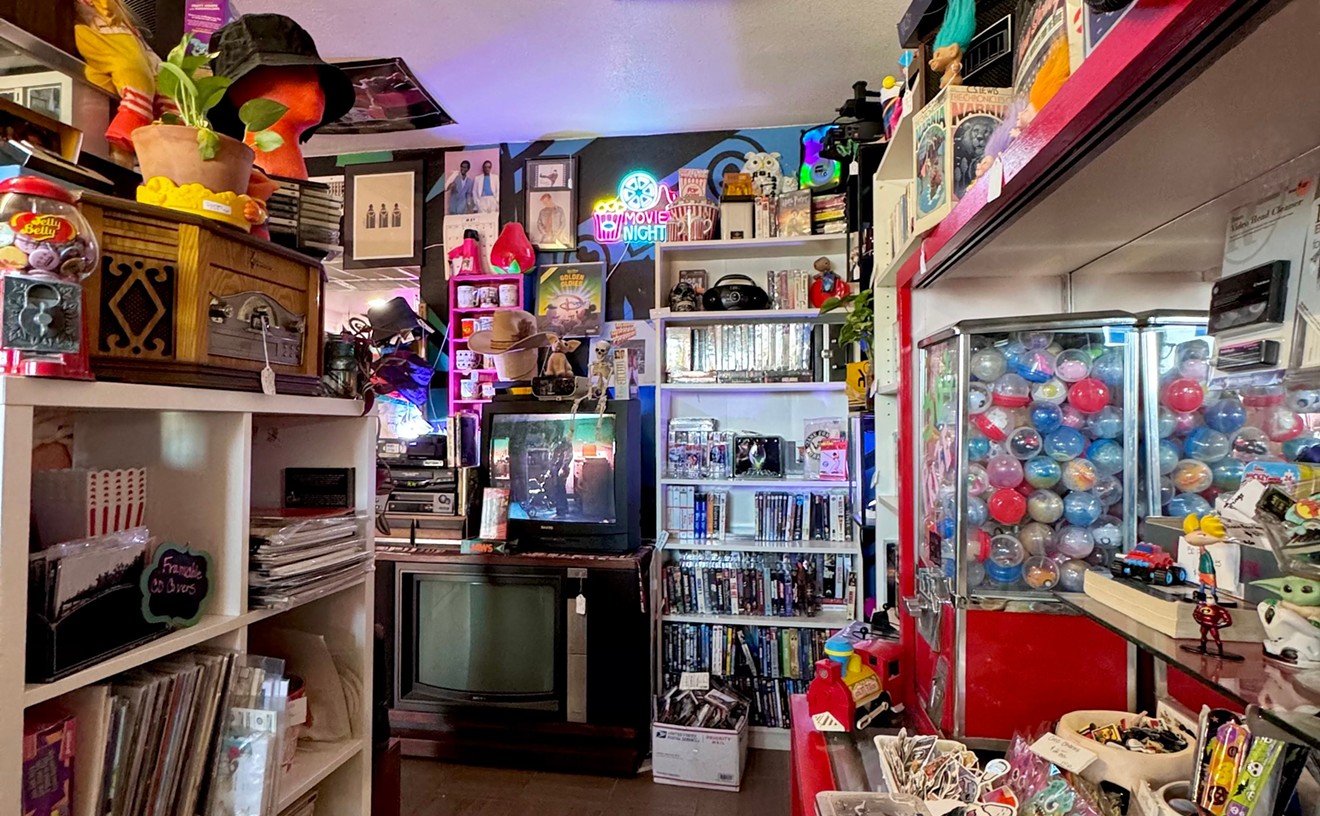Approaching the three-year anniversary of the Yarnell Hill Fire, two new books examine the June 2013 summer wildfire in Yarnell, Arizona, that involved 20 Granite Hill Hotshots and left 19 of them dead. They're called The Fire Line and My Lost Brothers.
The first is an extensive recount, subtitled The Story of the Granite Mountain Hotshots and One of the Deadliest Days in American Firefighting and told by Fernanda Santos, the Phoenix bureau chief for the New York Times. The second is a memoir written by Granite Mountain Hotshot Brendan McDonough with Stephan Talty, subtitled The Untold Story by Yarnell Hill Fire’s Lone Survivor.
Hotshots are an elite team of wildland firefighters, sent into wildfires to physically create a defense line – either by digging, cutting, or setting control fires – to contain the blaze. McDonough was one of them for three fire seasons.
The books cover the same topic, have the same May 3 release date, and happen to be the debut book for both authors. Both are already listed as “frequently bought together” on Amazon. The authors even dedicate the work to the same 19 men. Santos’ second dedication reads, “To the Granite Mountain Hotshots, who strived to be better, always.” McDonough’s states simply, “To my brothers.”
While each author offers perspective on the Hotshots themselves, Santos' reporting stands out because of its incredible detail assembled after years of research and interviews. McDonough's story takes a broader view: how he became a Hotshot, and everything that led to his involvement in the fire that scorched 8,400 acres. But ultimately, these are complementary works that deserve to be read in tandem.
Each author describes the legacy of the Hotshots and the personalities of the Granite Hill men; what happened the day the Yarnell Hill Fire took control; and the community’s aftershock. The tales only split when McDonough’s memoir recounts his adolescence, his three seasons as a Hotshot, fatherhood, and his personal aftermath.
The major consistency of both books, no matter the author or the order in which they’re read, each book gives readers the sinking knowledge of getting to know these 19 men, yet having the certainty of their demise.
The tone in Santos' book is personal, poignant, and poetic – showcasing her years as a journalist covering Arizona and New Mexico for one of the most prominent publications in the world. She spoke to 19 families across five states, logging more than 100 hours of interviews. She listened to their favorite bands, read their favorite books and personal writing, even slept in their childhood homes. Santos can even give details of the weather on certain days; it’s like she actually knew these 19 men.
McDonough, on the other hand, actually did.
My Lost Brothers brings us immediately into the Hotshots' circle, as the group recoups from a hike in the prologue.
He then backs up to a different time and place: his childhood in southern California and a turbulent adolescence that eventually landed him in Prescott, where he took to partying, drug use, and run-ins with the law.
But at 19, McDonough found two new occupations: fatherhood and Granite Mountain Hotshot. Despite his recent heroin use, Hotshot Superintendent Eric Marsh took a chance on McDonough, who had some classroom experience in firefighting.
He writes with professional yet rugged authority, with such descriptors as “shit ton,” “assed out,” “dangerous as hell,” and “fucked up.”
The stories go parallel when reaching the Yarnell Hill Fire.
Santos' narrative of the fire is detailed from years of research and interviews, leading readers straight into the wilderness and the box canyon where fire surrounds the Hotshots.
McDonough was assigned as lookout that day, placing him roughly half a mile from the group of 19 with the Blue Ridge Hotshots. He puts readers in the heavy boots of the lone survivor, and the confusion that came with not knowing he was the sole remaining Hotshot.
Santos continues her reporting in the days, months, and years following June 30, 2013. The Yarnell Hill Fire was finally contained on July 11, 2013. She looks at the Hotshots’ widows and families – especially Juliann Ashcroft, the first of the widows to highlight uneven benefits issued by the City of Prescott.
In the aftermath, McDonough captures the grueling loneliness, guilt, and depression that led him to therapy, writing, and public speaking on wildfire safety for current and future Hotshots.
McDonough extends his recount of his days with Granite Mountain Hotshots to warming climate, and the increasing danger of wildfires for those who fight and those who lie in their paths.
Together, these books demonstrate the effect of 19 lives lost during one of Arizona's worst wildfires. Santos quotes the late Hotshot supervisor Marsh, who summed up his work alongside McDonough and the others. “Maybe to answer the question of who we are, it would be helpful to explore who or what we are not," Marsh once said. "We are not nameless or faceless, we are not expendable, we are not satisfied with mediocrity, we are not willing to accept being average, we are not quitters. “
The Fire Line was released May 3 through Flatiron Books for $25.99 before tax. My Lost Brothers was also released May 3, through Hachette Books for $27 before tax.
An excerpt of The Fire Line will be read by Santos on Thursday, May 5, at 7:30 p.m. at Changing Hands Phoenix, 300 West Camelback Road. McDonough will read from My Lost Brothers on Tuesday, May 10, at 7 p.m. at Changing Hands Tempe, 6428 South McClintock Drive.
Both events are followed by book signings by both authors. For more information, visit the Changing Hands website.
[
{
"name": "Air - MediumRectangle - Inline Content - Mobile Display Size",
"component": "18478561",
"insertPoint": "2",
"requiredCountToDisplay": "2",
"watchElement": ".fdn-content-body",
"astAdList": [
{
"adType": "rectangle",
"displayTargets": "mobile"
}
]
},{
"name": "Editor Picks",
"component": "16759093",
"insertPoint": "4",
"requiredCountToDisplay": "1",
"watchElement": ".fdn-content-body",
"astAdList": [
{
"adType": "rectangle",
"displayTargets": "desktop|tablet"
},{
"adType": "rectangle",
"displayTargets": "desktop|tablet|mobile"
}
]
},{
"name": "Inline Links",
"component": "17980324",
"insertPoint": "8th",
"startingPoint": 8,
"requiredCountToDisplay": "7",
"maxInsertions": 25
},{
"name": "Air - MediumRectangle - Combo - Inline Content",
"component": "16759092",
"insertPoint": "8th",
"startingPoint": 8,
"requiredCountToDisplay": "7",
"maxInsertions": 25,
"watchElement": ".fdn-content-body",
"astAdList": [
{
"adType": "rectangle",
"displayTargets": "desktop|tablet"
},{
"adType": "rectangle",
"displayTargets": "desktop|tablet|mobile"
}
]
},{
"name": "Inline Links",
"component": "17980324",
"insertPoint": "8th",
"startingPoint": 12,
"requiredCountToDisplay": "11",
"maxInsertions": 24
},{
"name": "Air - Leaderboard Tower - Combo - Inline Content",
"component": "16759094",
"insertPoint": "8th",
"startingPoint": 12,
"requiredCountToDisplay": "11",
"maxInsertions": 24,
"watchElement": ".fdn-content-body",
"astAdList": [
{
"adType": "leaderboardInlineContent",
"displayTargets": "desktop|tablet"
},{
"adType": "tower",
"displayTargets": "mobile"
}
]
}
]











